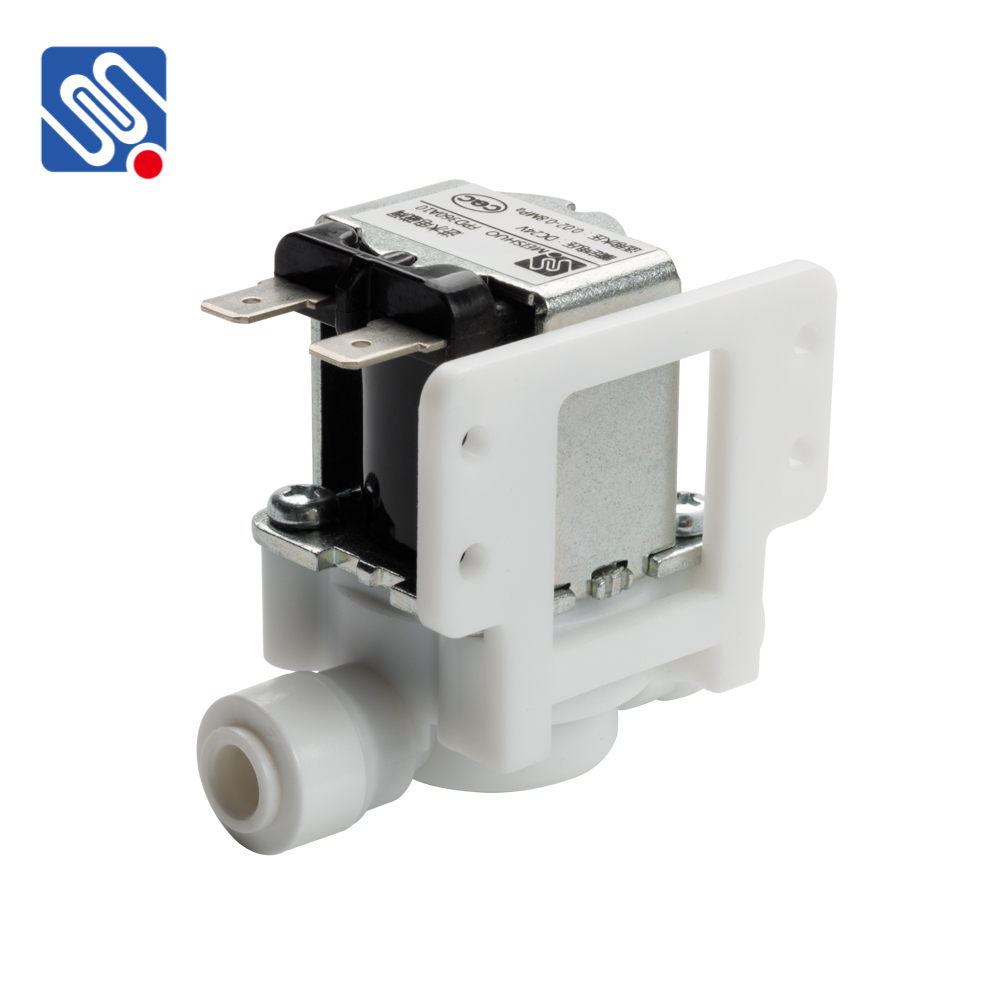stainless steel and plastic solenoid valves: a comparison of materials and their applications
Release time:2025-06-29 22:46:53
Solenoid valves are essential components in various industries, acting as electronically controlled switches to regulate fluid flow. These valves come in different materials, with stainless steel and plastic being two of the most common. Each material offers distinct advantages depending on the application, and choosing the right one is crucial for ensuring efficiency, durability, and reliability. This article delves into the differences between stainless steel and plastic solenoid valves, highlighting the advantages of Meishuo's solutions in both categories.

Stainless Steel Solenoid Valves
Stainless steel solenoid valves are widely known for their robustness, resistance to corrosion, and high performance in demanding environments. Made from stainless steel, these valves are capable of withstanding high pressures and extreme temperatures. They are highly durable, making them suitable for industrial applications where the valve will be exposed to harsh chemicals, high-flow systems, or aggressive media.
The stainless steel material is resistant to rust and oxidation, which makes these valves ideal for industries like oil and gas, automotive, food processing, and chemical manufacturing. Their ability to resist corrosion in highly acidic or alkaline conditions ensures a longer lifespan and reduces the risk of failure. Additionally, stainless steel solenoid valves can perform well in both small-scale and large-scale systems, offering versatility and reliability.

